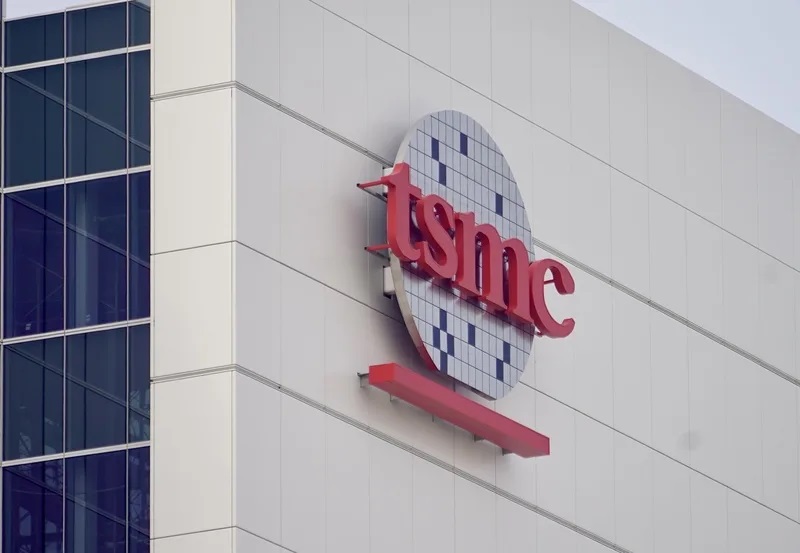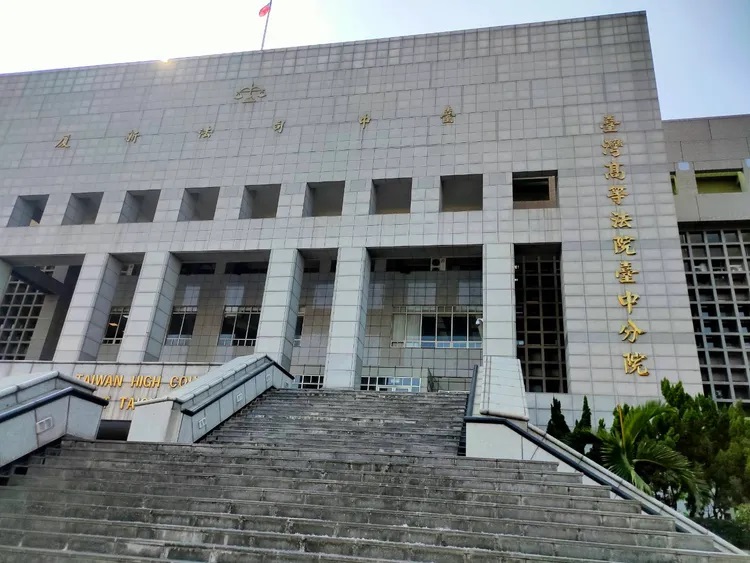
TSMC has been hit by a technology leak. The Intellectual Property Division of the Supreme Prosecutors Office announced today that a former TSMC employee surnamed Chen and a current employee surnamed Wu were suspected of illegally obtaining 2nm process technology secrets. Following an investigation, the Supreme Prosecutors Office filed a request with the court to detain Chen and the other three for violating the National Security Law, which was granted. TSMC stated that the current employees involved have been dismissed and legal action is being taken. Since IC manufacturing technology with a process below 14nm is considered a core national technology, the National Science Council stated that theft of trade secrets of core national technology will be investigated by prosecutors and investigators, with increased penalties of up to 12 years in prison and a fine of NT$100 million.
Nikkei Asia reported that Taiwan Semiconductor Manufacturing Co., Ltd. is suspected of a technology leak, with some former employees suspected of illegally obtaining 2nm process technology during their tenure. The individuals involved have been dismissed.
According to a press release from the Intellectual Property Division of the Taiwan High Prosecutors Office, TSMC proactively discovered unusual access to employee files. Following an internal investigation, the company discovered that a former employee surnamed Chen and a current employee surnamed Wu (since terminated) had illegally obtained the company’s core technology and trade secrets, leading to the filing of a complaint.
Prosecutors from the Intellectual Property Division of the High Prosecutors Office then directed the Ministry of Justice’s Investigation Bureau’s Hsinchu City Investigation Station, Information Security Station, and Northern Taiwan Mobile Station to summon and arrest the individuals involved and search their residences and workplaces from July 25th to 28th.
The Intellectual Property Division of the Supreme Prosecutors Office stated that Chen, Wu, and others are suspected of violating Article 3, Paragraph 2 of the National Security Act, which prohibits “any person, while knowing or possessing trade secrets of core state technologies, from reproducing, using, or leaking such trade secrets without authorization or exceeding the scope of authorization” for foreign countries, mainland China, Hong Kong, Macao, or hostile forces outside the country, or any organization, institution, group established or effectively controlled by them. The suspected crimes are serious. After the interrogation, prosecutors requested detention and no-contact orders from the Intellectual Property and Commercial Court, which was granted.
The Intellectual Property Division of the Supreme Prosecutors Office also stated that this case is the first involving the illegal acquisition of trade secrets of core state technologies. The Division will fully investigate the motives and purposes of Chen and others in illegally obtaining TSMC’s trade secrets of core state technologies, clarifying any further leaks. The Division will prosecute the defendants strictly in accordance with the law, based on the circumstances of their crimes and the damage done to TSMC, to jointly safeguard the international competitiveness of Taiwan’s industries.
TSMC stated that it recently detected violations during routine monitoring. An internal investigation revealed the leak of trade secrets. Thanks to the company’s well-established monitoring mechanisms, the incident was discovered early. The offenders have been punished and legal action has been taken.
TSMC stated that it maintains a zero-tolerance attitude towards any violations of the company’s protection of trade secrets and any acts that harm its interests. It will strictly handle and pursue all violations. The company will continue to strengthen its internal management and monitoring mechanisms and cooperate with law enforcement agencies when necessary to ensure the company’s competitive advantage and operational stability.
The National Science Council explained this evening that the National Security Law explicitly stipulates the crime of economic espionage. If a foreign country steals a trade secret of a country’s core and critical technologies, the prosecutors and investigators will investigate the illegal outflow and impose increased penalties, up to 12 years in prison and a fine of NT$100 million. This is to deter the potential for illegal outflow and prevent damage to national and industrial interests.
The National Science Council (NSC) noted that according to the National Core and Key Technology Recognition Regulations, key technologies must be identified by a review committee composed of industry, government, academia, and research, with this committee meeting at least annually. Furthermore, each technology authority is required by law to regularly review the key technology projects under its jurisdiction. If there are requests for new or revised key technology projects, a review committee must be convened in accordance with legal procedures.
The National Science Council’s list of national core and key technologies, announced in 2023, already includes IC manufacturing technologies for processes below 14 nanometers, as well as their key gases, chemicals, and equipment.







